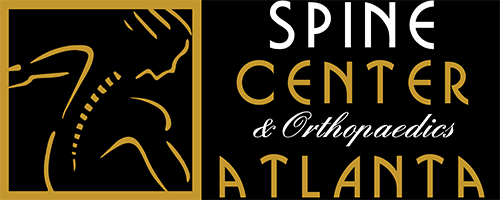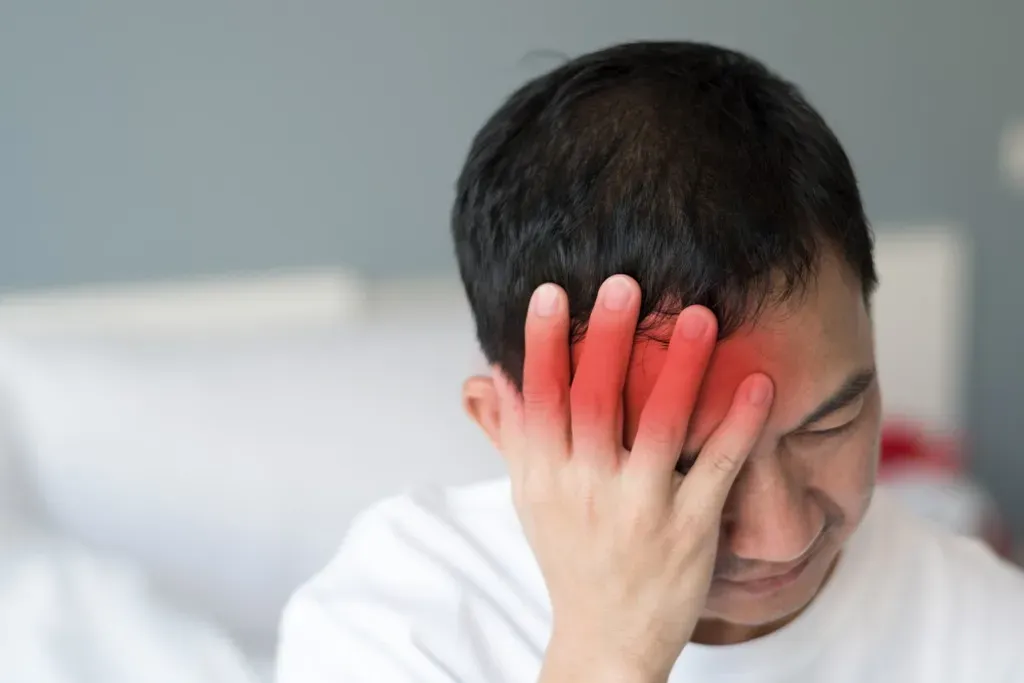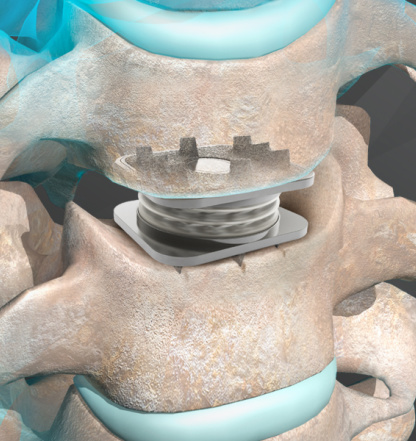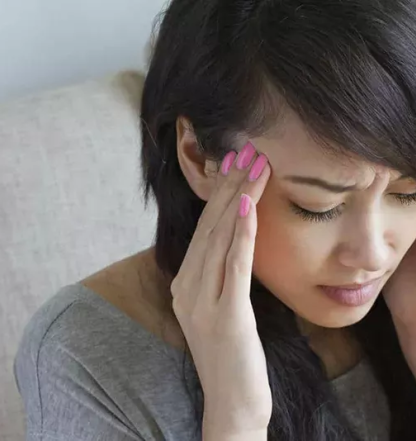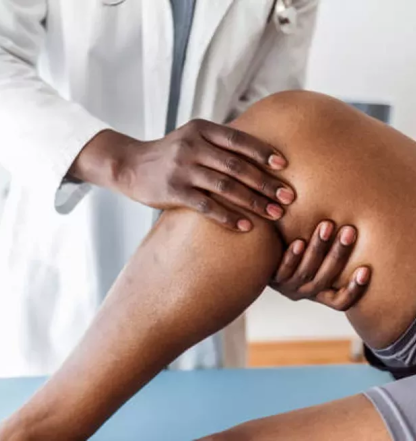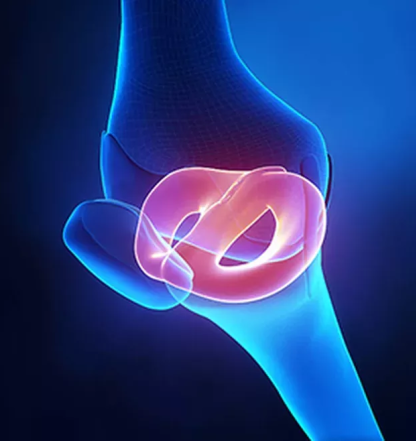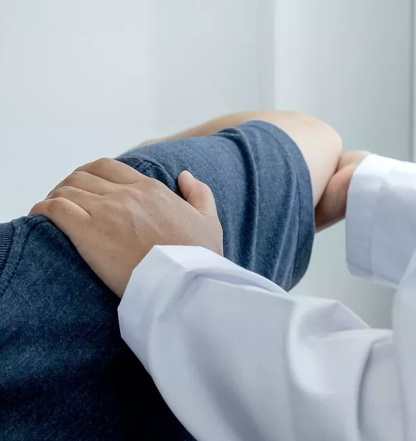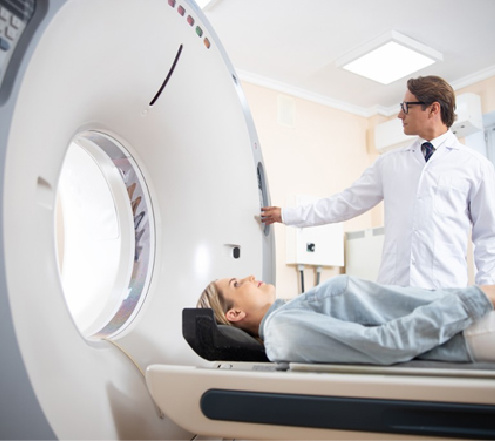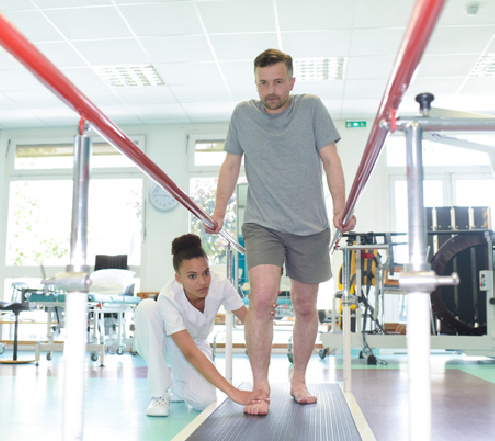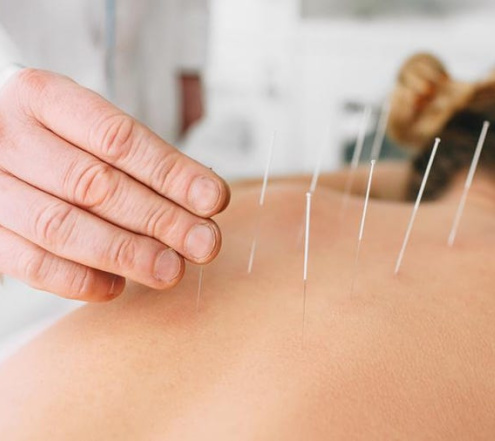Shouldn’t my headache be gone by now? Why am I still dizzy? When can I get back in the game? Our specialty team addresses the facts about concussion treatment and recovery, including what you can expect.
Returning to your pre-concussion activity levels too soon can stall your recovery and worsen your odds of experiencing further brain trauma. But how long should your concussion symptoms last, and when do you know things aren’t progressing as they should?
The experts at Spine Center Atlanta provide highly advanced diagnostic services and state-of-the-art treatment that help take the guesswork out of healing after a concussion, including when and how to return to sports or other routine activities.
Read their guidance regarding what to expect as you recover from a concussion.
Do I really have a concussion?
Diagnosing a concussion is sometimes tricky. Concussions occur when an abrupt blow to the head or violent shaking of the upper body causes the brain to strike the inner skull. This results in microscopic damage to brain cells that standard neuroimaging studies such as a CT scan may miss.
At Spine Center Atlanta, we consider several factors when diagnosing concussion, including symptoms you may experience, such as:
- Headaches
- Dizziness
- Loss of balance
- Difficulty concentrating
- Confusion or memory loss
- Blurred or double vision
- Nausea and vomiting
- Trouble sleeping
- Anxiety
- Irritability
- Depression
These symptoms may be noticeable immediately following the injury or not for hours to days after the trauma. Depending on your symptoms and the nature of your injury, your provider may also recommend further testing to help confirm the diagnosis and assess your level of brain trauma.
What diagnostic studies do you recommend for concussion?
Because standard brain imaging studies can miss nerve and other cellular trauma associated with concussion, we offer specialized diagnostics at Spine Center Atlanta that may include:
MRI with diffusion tensor imaging (DTI)
This specialty MRI creates images of your brain’s white matter, showing diffuse nerve injuries that can indicate a concussion.
Balance Tracking System (BTrackS)
Our team uses BTrackS™ to diagnose and rehabilitate balance problems that may occur because of a concussion.
Videonystagmography (VNG)
The VNG test measures involuntary eye movement to identify balance problems related to concussion and other disorders.
ImPACT testing
At Spine Center Atlanta, we also offer ImPACT® testing for athletes and others at increased risk of concussion.
ImPACT is a computer-generated exam that includes an initial evaluation of your baseline cognitive function. Your provider then compares the results of a second test performed after head trauma to those of your initial study.
This comparison helps gauge the severity of your injury more accurately when developing a post-concussion treatment strategy. It’s also helpful in monitoring your progress during recovery.
What can I expect when recovering from a concussion?
Concussion recovery can vary, and your Spine Center Atlanta provider discusses your expected course in detail during your evaluation. This includes warning signs of worsening illness such as increased headache severity, slurred speech, or seizures.
Generally, however, you can expect to feel better within a few days, with most symptoms resolving within 7-10 days. It’s imperative, though, that you follow your provider’s directions carefully as your brain heals, which typically include:
- Avoiding excessive screen time
- Light activity as tolerated
- Restful sleep
- Gradual return to work or school activities
- Maintaining a healthy diet
- Adequate hydration
- No sports until cleared by your physician
- Avoiding activities that increase your risk of head trauma
- Following up as directed for ongoing care
While most concussions respond well to commonsense treatment, you are at increased risk of severe brain injury if you return to work or sports too quickly following even a mild concussion.
Schedule a visit at Spine Center Atlanta today for more information about concussion recovery or the other services we offer. Call one of our seven locations in Georgia or request an appointment online.
